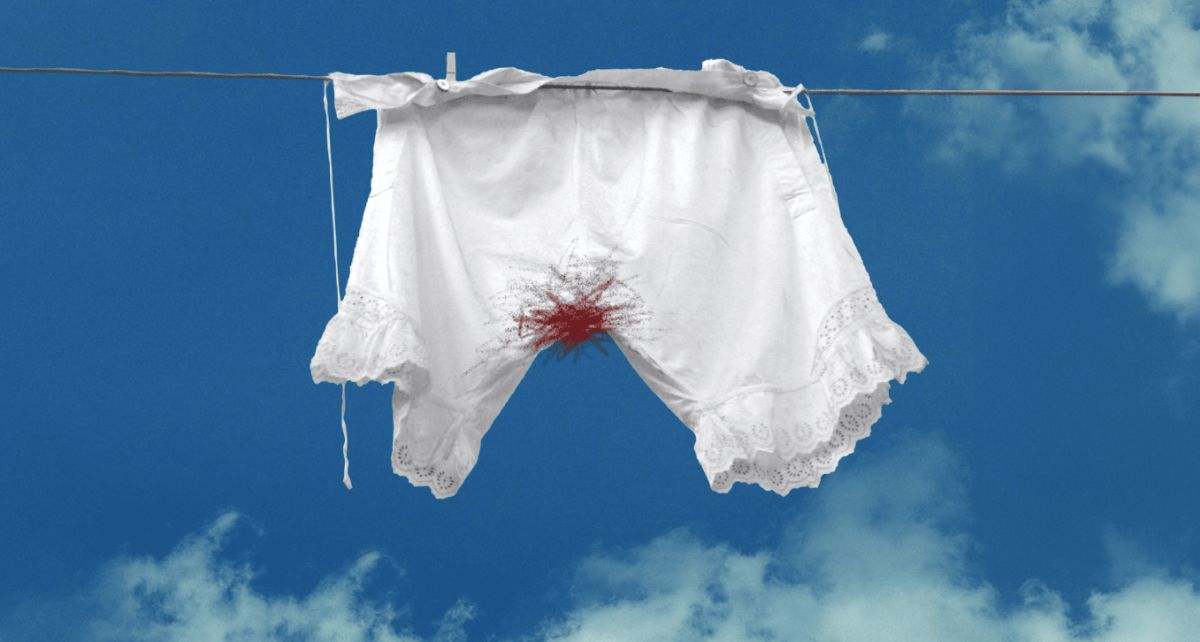You’ve been there before. You’re sitting at your desk or maybe out with friends, and that familiar feeling starts to creep in. Your period has arrived. You subtly tuck a tampon or pad up your sleeve, slipping away to the bathroom as discreetly as possible. Why do we do this? Why do we feel like we have to hide something as natural as menstruation?
That’s what period stigma does. It teaches us to be ashamed of something that happens to nearly half the population at some point in their lives. And it's not just a personal thing — it runs deep, affecting not only how we view ourselves but how society treats us. Period stigma is more than just an inconvenience; it’s one of the roots of period poverty and inequality. Let’s break this down together.
What Is Period Stigma?
Period stigma is the silence, the shame, the embarrassment that surrounds periods. It’s why so many of us have felt like we need to sneak a tampon to the bathroom. It’s why period products are taxed as luxury items in some places. It’s why period health is often overlooked, underfunded, and neglected.
This stigma has real consequences. It leads to misinformation, making people feel like they can’t talk about their periods or seek help when something’s wrong. It’s why some young people skip school because they’re too embarrassed to ask for period products or don’t have access to them. It perpetuates period poverty, leaving those who need help most without basic care.
Why Does Period Stigma Exist?
The reasons are deeply embedded in history and culture. For centuries, periods have been seen as something "unclean" or "impure." Different cultures have their own ways of shaming menstruation, from banning people who are on their period from certain spaces to whispering about it in hushed tones.
This stigma sticks around because we’ve allowed it to. When periods are talked about at all, they’re often portrayed as gross or embarrassing. Just think about commercials that use blue liquid instead of red to represent period blood. By not talking about periods openly, we reinforce the idea that menstruation is something to be hidden.
How Period Stigma Feeds Period Poverty and Inequality
Period stigma is one of the key drivers of period poverty — the lack of access to affordable, safe period products. If we can’t talk about periods openly, how can we address the fact that 1 in 4 people miss school in Canada and USA because they don’t have the products they need? How can we fix the inequality when people feel too ashamed to admit they’re struggling?
When periods are treated as a taboo subject, it’s harder to make changes at a policy level. Governments and organizations are less likely to invest in menstrual health if it’s something no one wants to talk about. This leads to a vicious cycle: stigma leads to silence, which leads to a lack of action, leaving millions of people to face period poverty and inequity.
What We Can Do to Fight Period Stigma
So, how do we break the cycle? It starts with conversation. The more we talk openly about periods, the more we can dismantle the shame around them. We need to normalize talking about menstruation — not just between friends but in schools, workplaces, and public spaces.
That’s why we’re writing the Book on Periods. As part of our mission to end period stigma by sparking conversations about periods, we’re making it okay to talk openly about menstruation by sharing stories.
This book is about real people, real periods, and real experiences. And it’s not just for reading — you can submit your own story to help break the silence and be part of the change. Imagine a world where no one has to hide their tampon up their sleeve ever again.
A Story We’ve All Lived
Let’s go back to that moment we mentioned earlier. You’re about to go to the bathroom, and instead of confidently grabbing your tampon or pad, you tuck it into your sleeve. Why? Because we’ve been taught to be ashamed of our bodies, to keep this natural process a secret.
What if we didn’t have to feel that way? What if we could grab our period products as freely as we grab our phone or water bottle? That’s the world we’re working toward. A world where periods aren’t a source of shame or secrecy.
Let’s Make a Difference Together
Ending period stigma is not just about lifting the burden of shame off individuals; it’s about creating a world where no one has to struggle with period poverty or inequality. You can be part of this movement. Talk openly about your period. Share your experiences. Support brands that are working to end the stigma. And advocate for free period care at your workplace or school.
By speaking up, you help dismantle the taboos and push for real change. Together, we can break the cycle of period stigma, and in doing so, end period poverty and inequality. Let’s stop hiding and start talking — your story could be the one that sparks the next wave of change.
